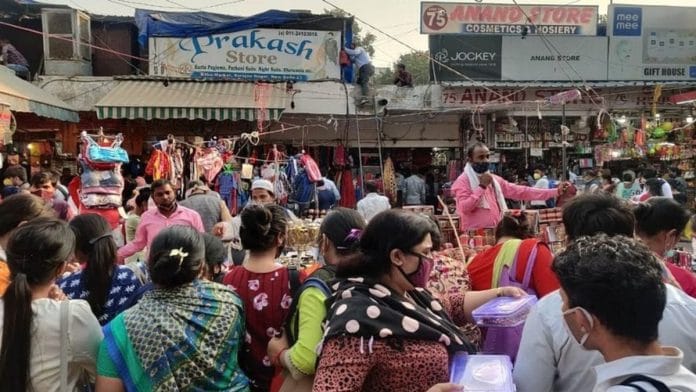Thank you dear subscribers, we are overwhelmed with your response.
Your Turn is a unique section from ThePrint featuring points of view from its subscribers. If you are a subscriber, have a point of view, please send it to us. If not, do subscribe here: https://theprint.in/subscribe/
-
Lower Class
No education, no income guarantee, depends on government handouts. Generally poor and malnourished.
Political opinions can be easily bought by political parties through freebies. Fundamentally irrelevant for a functioning democracy
-
Working Class
People with college degrees, almost always pursue higher education to work for others rather than owning the means of production.
Both blue-collar labourers and white-collar professionals (educated and skilled in modern technologies) fall under the category of workers.
Employment exists on a wide spectrum — from a company’s CEO to the lowest-paid employee.
While their political opinions may hold some value, the quality of life and lifestyle are largely tied to a stable monthly salary, making this group mostly silent on major societal issues.
Their primary concern is a stable, non-interfering government, rather than active political engagement. As a result, they remain largely irrelevant to the functioning of a democracy.
-
Upper Class (Elite / Wealthy Class)
Own the means of production or belong to the old aristocracy, often educated in elite schools and colleges (typically outside engineering or technical fields).
They wield significant economic and political influence, enjoying the freedom from the need to earn while shaping society through wealth and power.
A crucial yet sometimes disruptive force in a functioning democracy, their influence can drive progress or create imbalances.
-
Middle Class.
Generally educated in a wide range of subjects, not very wealthy but economically stable and independent of the Government and its policies, and do not work for others to earn a living.
May own certain means of production or substantial agricultural land or inheritance that provides economic stability for the family. Some may also take up salaried jobs, either for social causes or personal engagement.
The economic independence and liberal education makes them the key player in any vibrant democracy.
-
Bureaucratic Class.
Government employees and public servants—the executive arm of the state. Often forming the deep state, they function as modern-day bureaucratic elites, sometimes self-serving, much like the knights of old.
A necessary yet potentially dangerous force in a democracy, they must always be kept in check to prevent overreach. Though often seen as inefficient, their role remains essential for governance.
PS: there is hardly any middle class in West Bengal, destroyed by the 34 years of communist rule and partition. There is a miniscule native upper class there, naturally, there is no meaningful democracy in West Bengal for the last 50 years.
These pieces are being published as they have been received – they have not been edited/fact-checked by ThePrint


